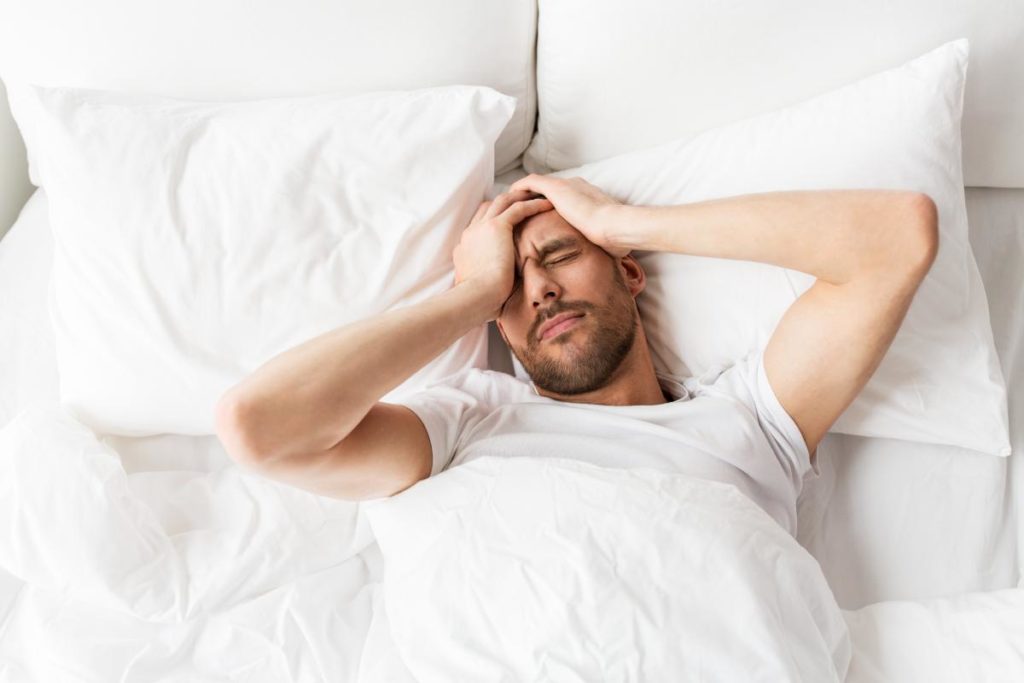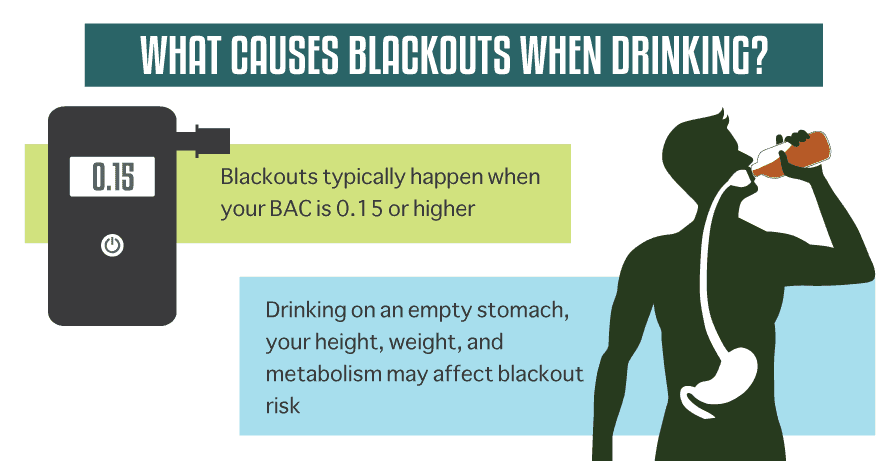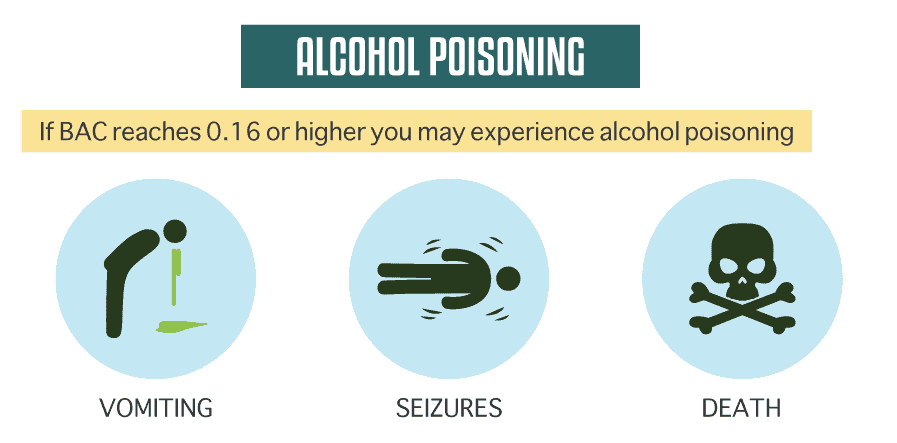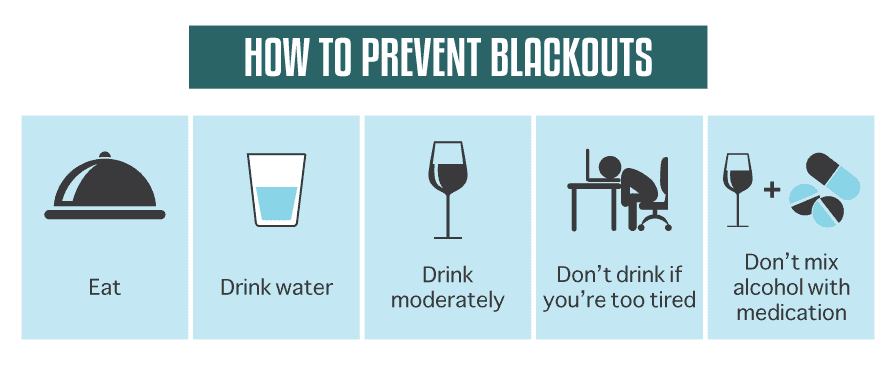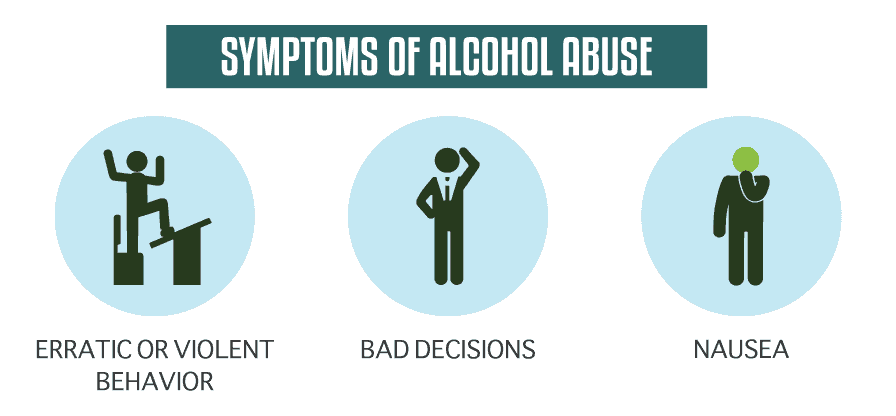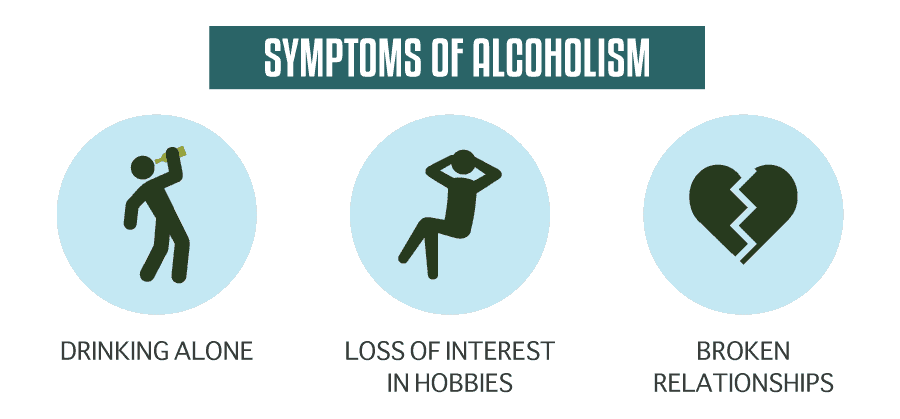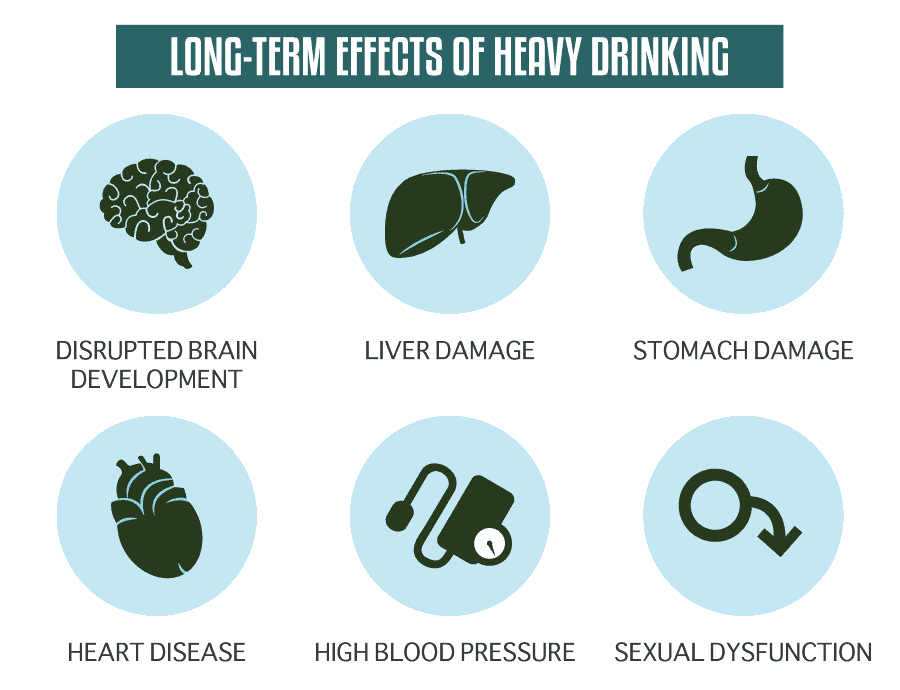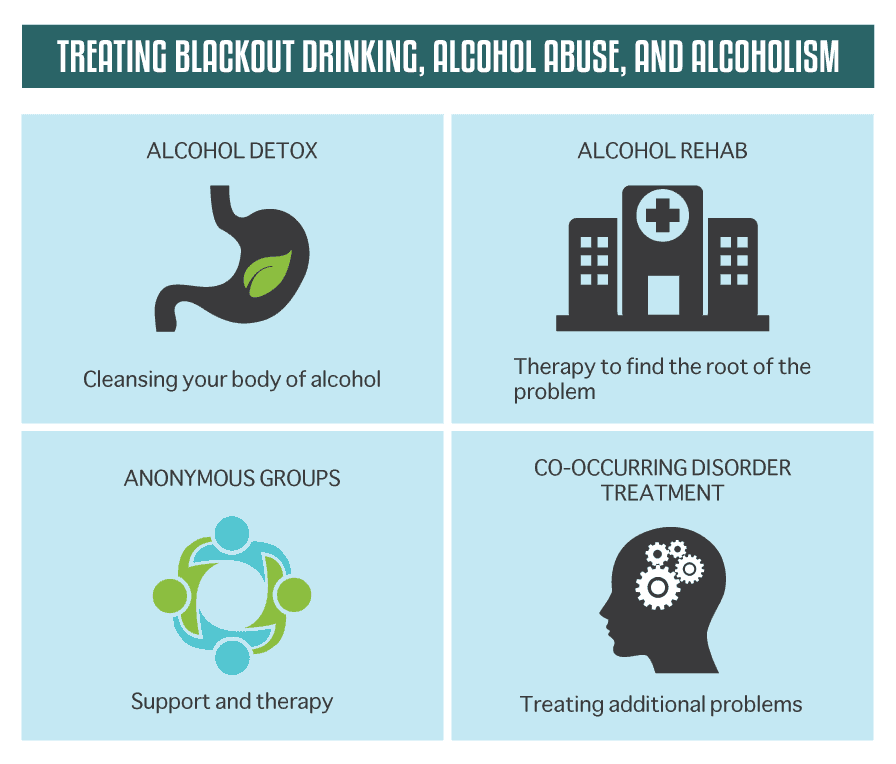Drinking to the point of blackout is a serious sign of alcohol abuse and possibly alcoholism. Binge drinking is often a major cause of blacking out, but it can also occur after extended periods of heavy drinking. Recognizing what blackout drinking is can help determine if someone is silently struggling with alcoholism and get them the help they need to break the cycle with an alcohol addiction treatment program.
If you or a loved one struggles to stop drinking, there is no shame in seeking help. Northpoint Recovery knows that trying to stop drinking can be isolating and even dangerous without professional help. Call 888.296.8976 today to learn how detox, rehab, and relapse prevention can help you on the road to recovery.
What Causes Blackouts?
Blackouts are caused by drinking too much alcohol in a short period of time or over an extended period. Drinking to the point of intoxication can cause the drinker to become confused and have difficulty remembering what happened while they were drinking. This is because alcohol slows down the body’s ability to process information and can lead to memory loss.
Three primary factors contribute to blackouts:
Binge Drinking
Binge drinking is a pattern of extremely fast drinking. It is often defined as a male consuming five or more alcoholic beverages within two hours, or a female consuming four or more alcoholic drinks.
Extended Drinking
Drinking heavily over long periods can also lead to blackouts. This is because extended drinking can lead to a buildup of alcohol in the body, similar to binge drinking.
High Alcohol Tolerance
People who drink frequently may develop a high tolerance for alcohol. While this may seem good to them at the moment, it can be hazardous. People with a high tolerance for alcohol may drink more than they realize, which can lead to blackouts.
What Is Alcohol Poisoning?
Alcohol poisoning is a severe and potentially fatal condition that can occur after drinking large amounts of alcohol in a short period. Symptoms of alcohol poisoning include:
- Vomiting
- Seizures
- Slow breathing
- Irregular heartbeat
- Hypothermia (low body temperature)
- Passing out and not being able to be awakened
- Coma
If someone you know is displaying these symptoms, it is crucial to seek medical help immediately.
Avoiding Being Blackout Drunk
The best way to avoid being blackout drunk is to drink in moderation. If you plan on drinking, set a limit for yourself and stick to it. It is also important to pace yourself by alternating between alcoholic and non-alcoholic beverages.
If you are at a party or bar, do not accept drinks from strangers. It is also important to be aware of your surroundings and not leave your drink unattended.
Recognizing Alcohol Abuse and Alcoholism
If you or a loved one is struggling with alcohol abuse, there are some warning signs to be aware of. These include:
- Drinking more than intended
- Unable to stop drinking once started
- Experiencing blackouts or memory loss
- Hiding alcohol use
- Continuing to drink despite negative consequences
Long-Term Effects of Heavy Drinking
Heavy drinking can lead to several serious health problems, including:
- Liver damage
- High blood pressure
- Heart disease
- Cancer
- Stroke
- Brain damage
- Memory loss
- Sexual dysfunction
If you or someone you know is struggling with alcoholism, it is important to seek help as soon as possible. Alcoholism is a chronic and progressive disease that will only worsen over time. Professional treatment can help people struggling with alcoholism overcome their addiction and live a sober, healthy life.
Treating Alcohol Addiction at Northpoint Recovery
Trying to stop drinking on your own is a dangerous challenge. Even though it is extremely rewarding in the long run, your body will likely have difficulty relearning how to function—leading to intense withdrawal symptoms.
When you start with our team of medical professionals and recovery specialists, we will first assess your situation to develop a personalized treatment plan. Afterward, we will help you through the detoxification process and provide you with the tools and resources you need to live a sober life.
Get started on the road to recovery today by calling 888.296.8976.

